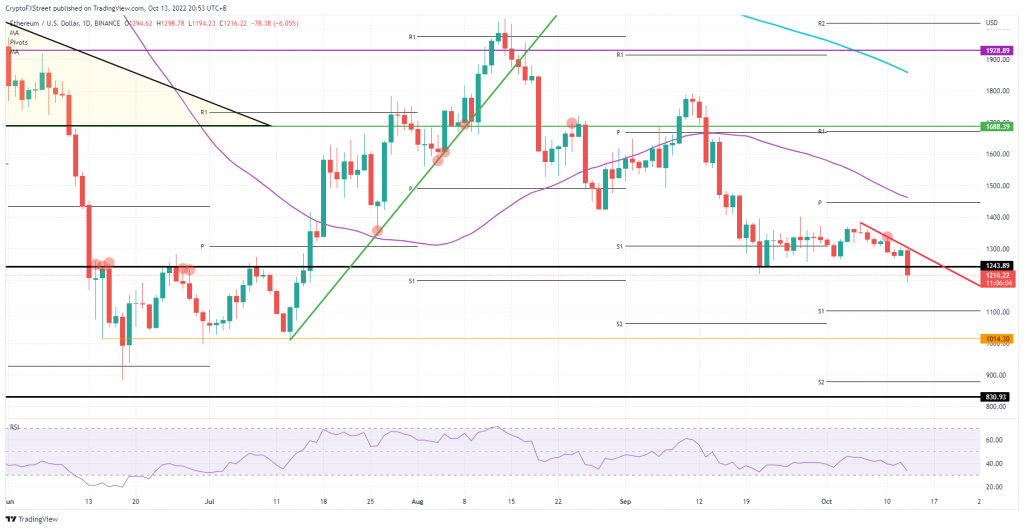So let’s get onto what forex is?
Forex, which stands for foreign exchange trading, is a market where people buy and sell different currencies. It’s the biggest financial market in the world, with over $5 trillion traded every day. The aim is to make money by buying one currency and selling another at a higher price when the exchange rate changes. Different types of traders use different strategies, such as day trading, swing trading, scalping, and position trading.
To participate in forex trading, you will need to open an account with a broker who can provide you with access to the market. This can be done online or through a local broker. Forex trading can be a great way to diversify your investments and potentially earn high rewards, but it’s important to learn about the risks and how to manage them.

When can you trade forex?
Forex trading has become very popular as it can be a good way to earn money. But, when is the best time to trade forex?
The forex market is open 24 hours a day and 5 days a week. You can trade currencies from Monday morning in Sydney to Friday afternoon in New York. But, this doesn’t mean that there is always a lot of trading going on. Different currency pairs have different trading times depending on where they are traded and when their respective markets open and close.
For example, if you want to buy or sell US dollars (USD), the best time is during US trading hours between 8 a.m. EST on Sunday and 5 p.m. EST on Friday. During these times, more traders are participating, making it easier to buy or sell USD. Also, banks and other financial institutions that participate in USD trades across multiple global exchanges offer better pricing conditions during these times.
Some currency pairs might experience higher volatility at certain points within their respective sessions due to news releases or economic data coming out from either country involved with that particular pair. So, it’s important to understand the timing of Forex investments to make informed decisions based on technical and fundamental analysis. By doing so, you could maximize profits while minimizing the risk associated with volatile market movements caused by unexpected events occurring outside normal operating hours!
What can you trade in the forex market?
The forex market is a popular and liquid market where people trade currencies, commodities, stocks, indices, and other financial instruments to make profits. You can trade different things in the forex market, but one of the main things is currency pairs. Currency pairs are two different currencies that are traded against each other at a certain exchange rate, which is determined by supply and demand forces.
Some popular currency pairs are EUR/USD, GBP/USD, USD/JPY, and AUD/NZD. Besides currency pairs, you can also trade commodities like gold, silver, oil, etc., stocks, and stock indices. Finally, there is also the option of trading cryptocurrencies, but they are riskier because they are more volatile.
Long vs. Short Positions in Forex Trading
In forex trading, people often use two main strategies: long and short positions. Let’s break them down.
A long position means you believe a currency pair will go up in value. Conversely, a short position is when you think it will decrease.
Both strategies aim to make money from price changes, but they carry different risks and rewards. Your success depends on how well you understand these risks and rewards and choose a strategy that suits your situation.
How do I start forex trading?
Forex trading offers a way for investors to spread out their investments. To get started, first, open a forex brokerage account and deposit an amount you’re comfortable investing. Next, research various currency pairs to find the ones that match your investment plan.
It’s also important to learn about different tools like charts, technical indicators, and risk management strategies available in the market. These can help you make informed trading decisions.
Lastly, if needed, you can explore automated systems or seek guidance from seasoned traders before investing any money.
